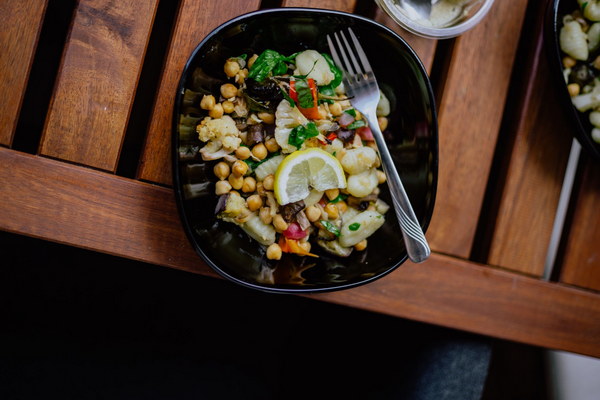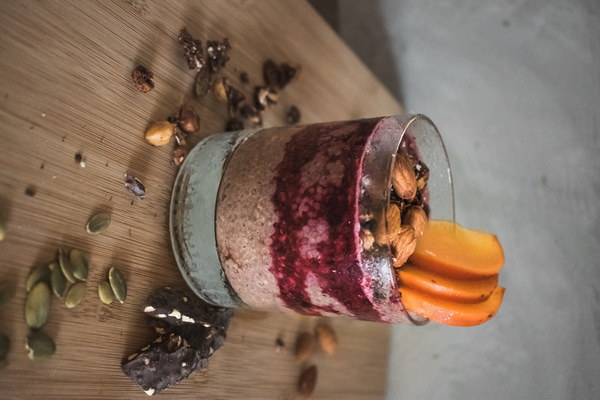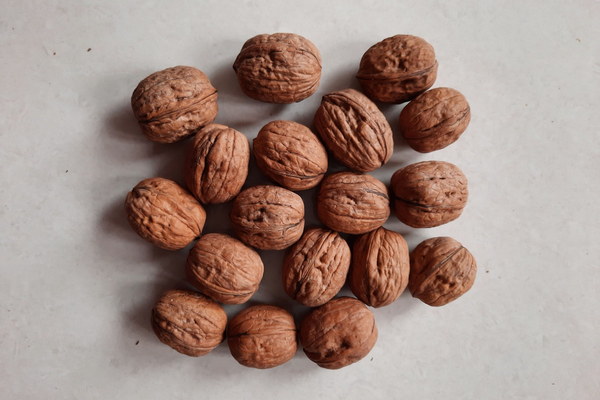Traditional Chinese Medicine Natural Remedies and Dietary Tips for Fevers
Fevers are a common symptom that can be caused by a variety of factors, from infections to other underlying health conditions. While modern medicine offers a range of treatments to alleviate fever symptoms, traditional Chinese medicine (TCM) has been used for centuries to treat and prevent fevers naturally. In this article, we will explore the basics of TCM and its dietary recommendations to help you manage fevers effectively.
Traditional Chinese Medicine (TCM) is a holistic healing system that focuses on maintaining the balance of the body’s energy, or Qi, and its relationship with the natural environment. TCM practitioners use a combination of herbal medicine, acupuncture, and dietary therapy to restore balance and promote healing.
When it comes to fevers, TCM emphasizes the importance of cooling the body and balancing the body's fluids to alleviate symptoms. Here are some natural remedies and dietary tips that can help you manage fevers using TCM principles:

1. Hydration: Staying hydrated is crucial when you have a fever. Drink plenty of water, herbal teas, or broths throughout the day to help your body maintain its fluid balance and support the immune system.
2. Cool Foods: Incorporate cooling foods into your diet to help lower your body temperature. These include:
- Watermelon: Known for its high water content and cooling properties, watermelon helps reduce internal heat and supports kidney function.
- Cucumber: A refreshing vegetable that cools the body and promotes diuresis, helping to eliminate toxins.
- Green leafy vegetables: Spinach, kale, and Swiss chard contain cooling properties that help alleviate fevers.
- Peppers: Bell peppers, particularly green ones, have cooling properties that can help reduce body temperature.
3. Herbal Remedies: TCM offers a variety of herbal remedies that can help manage fevers. Some popular options include:
- Peony root (Paeonia lactiflora): This herb has cooling and anti-inflammatory properties, making it useful for treating fevers.
- Scute (Scutellaria baicalensis): Scute is known for its antiviral and antibacterial properties, which can help fight the infection causing the fever.
- Elderberry (Sambucus nigra): Elderberry is an immune-boosting herb that can help reduce the duration and severity of fevers.
4. Acupuncture: Acupuncture is a therapeutic method that involves inserting fine needles into specific points on the body to stimulate the flow of Qi. It can help alleviate fever symptoms by reducing inflammation and supporting the body's immune response.
5. Rest: Rest is essential for recovery when you have a fever. TCM emphasizes the importance of allowing the body to rest and rejuvenate, as it is during this time that the body can focus on healing.
6. Avoid Heat-Producing Foods: Certain foods can exacerbate fever symptoms by increasing internal heat. It is best to avoid these foods when you have a fever, such as:
- Spicy foods: These can increase body temperature and worsen inflammation.
- Caffeinated beverages: Caffeine can dehydrate the body and exacerbate fever symptoms.
- High-fat foods: These can slow down digestion and increase body heat.
By incorporating these natural remedies and dietary tips into your fever management routine, you can support your body's healing process and alleviate symptoms more effectively. Remember that it is always best to consult with a TCM practitioner or healthcare provider before starting any new treatment or dietary regimen.
In conclusion, traditional Chinese medicine offers a wealth of natural remedies and dietary tips to help manage fevers. By focusing on cooling the body, balancing fluids, and supporting the immune system, TCM can provide relief and promote healing during these challenging times.









